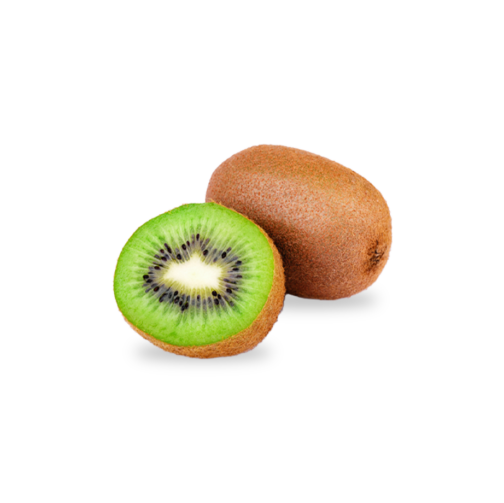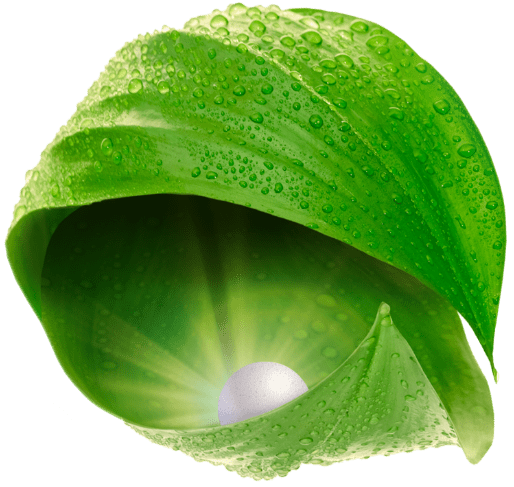
Kiwi
Kiwi (Actinidia deliciosa)
It is a dioecious, insectivorous, perennial and climbing shrub belonging to the family Actinidiaceae, originating from China. Its fruit is oval, cylindrical or pear-shaped with numerous seeds and rich in vitamin C. Flower formation is a function of multiple factors such as load-growth relationship, fertilisation, water availability and soil-climatic conditions. In Greece it is cultivated mainly in Macedonia, but also in areas of Thessaly, Epirus and Crete. The kiwi thrives in areas with mild winters and hot and humid summers. It is best adapted to clay loam (CL) soils, which are deep and even rich in organic matter, with a low calcium carbonate content. From a cultivation point of view, the kiwi tree is very demanding in terms of soil moisture, iron, calcium, foliar and nitrogen fertilisers, which should be applied in large doses. In addition, the use of special nutrient formulations – biostimulants – maximises the genetic potential of the crop, while ensuring that its resistance to abiotic stress is enhanced. Finally, post-harvest applications are also of interest for the storage of nutrients in the root system.




